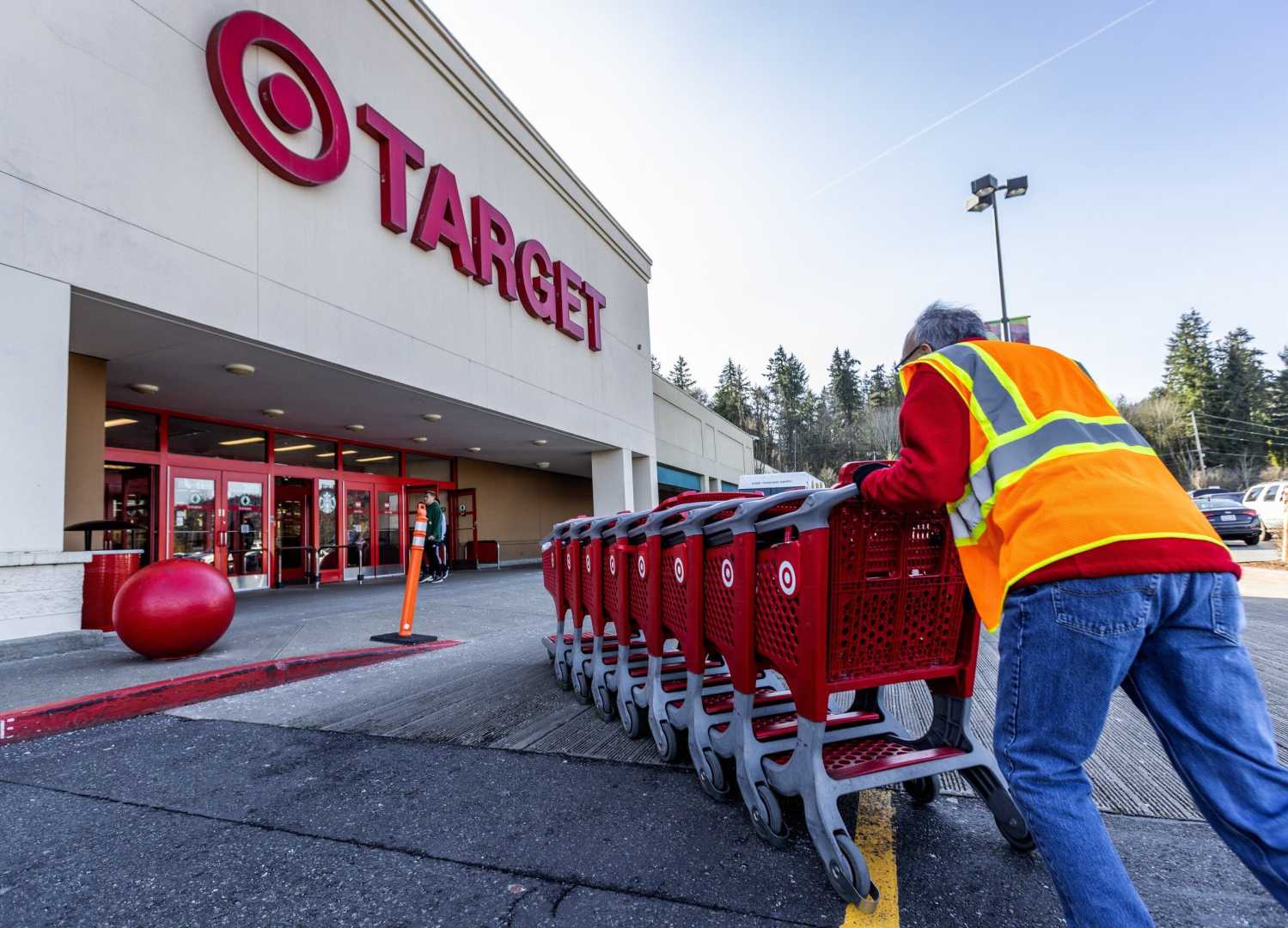Business
Target Scales Back DEI Initiatives Amid Political Pressure

MINNEAPOLIS (AP) — Target announced Friday it is scaling back its diversity, equity, and inclusion (DEI) initiatives, joining a growing list of companies revising such programs amid increasing political and public scrutiny. The move follows an executive order from President Donald Trump directing federal agencies to investigate DEI programs at major corporations.
Kiera Fernandez, Target’s chief community impact and equity officer, outlined the changes in a memo to employees, stating the retailer will conclude its three-year DEI goals and end its Racial Equity Action and Change (REACH) initiatives by 2025. Fernandez emphasized the need to adapt to the “evolving external landscape” while maintaining a commitment to inclusion.
“As a retailer that serves millions of consumers every day, we understand the importance of staying in step with the evolving external landscape, now and in the future — all in service of driving Target’s growth and winning together,” Fernandez wrote.
Target’s decision comes as DEI programs face mounting criticism from conservative activists and political leaders. Trump’s executive order, signed Tuesday, called DEI policies “illegal” and accused them of undermining national unity and traditional American values. The order mandates government agencies to review DEI programs at publicly traded companies, large nonprofits, and foundations with assets exceeding $500 million.
The Minneapolis-based retailer, which operates over 1,900 stores nationwide, said it will no longer participate in external diversity-focused surveys, including the Human Rights Campaign’s Corporate Equality Index. Additionally, Target will rebrand its “Supplier Diversity” team as “Supplier Engagement” to reflect a broader focus on inclusive procurement practices.
Target’s announcement aligns with similar moves by other major corporations, including Walmart, Amazon, and Lowe’s, which have scaled back or phased out DEI initiatives in recent months. However, some companies, such as Costco and Pinterest, have reaffirmed their commitment to diversity programs despite external pressure.
Pinterest Chief Legal Officer Wanji Walcott stated on LinkedIn that the company remains “laser-focused on advancing inclusion and diversity both within our organization and on our platform.” Meanwhile, anti-DEI activist Starbuck has claimed credit for pressuring companies to roll back such programs, vowing to continue his campaign.
Target first introduced its “Belonging at the Bullseye” strategy in early 2024, building on efforts dating back to 2021. The retailer has long been recognized for its progressive policies, including LGBTQ+ inclusion, but has faced backlash from conservative customers in recent years. In 2023, Target removed some Pride Month merchandise following threats to employee safety and in-store confrontations.
Despite the changes, Fernandez reiterated Target’s commitment to fostering a sense of belonging for employees and customers. “We remain focused on driving our business by creating a sense of belonging for our team, guests, and communities through a commitment to inclusion,” she wrote.












